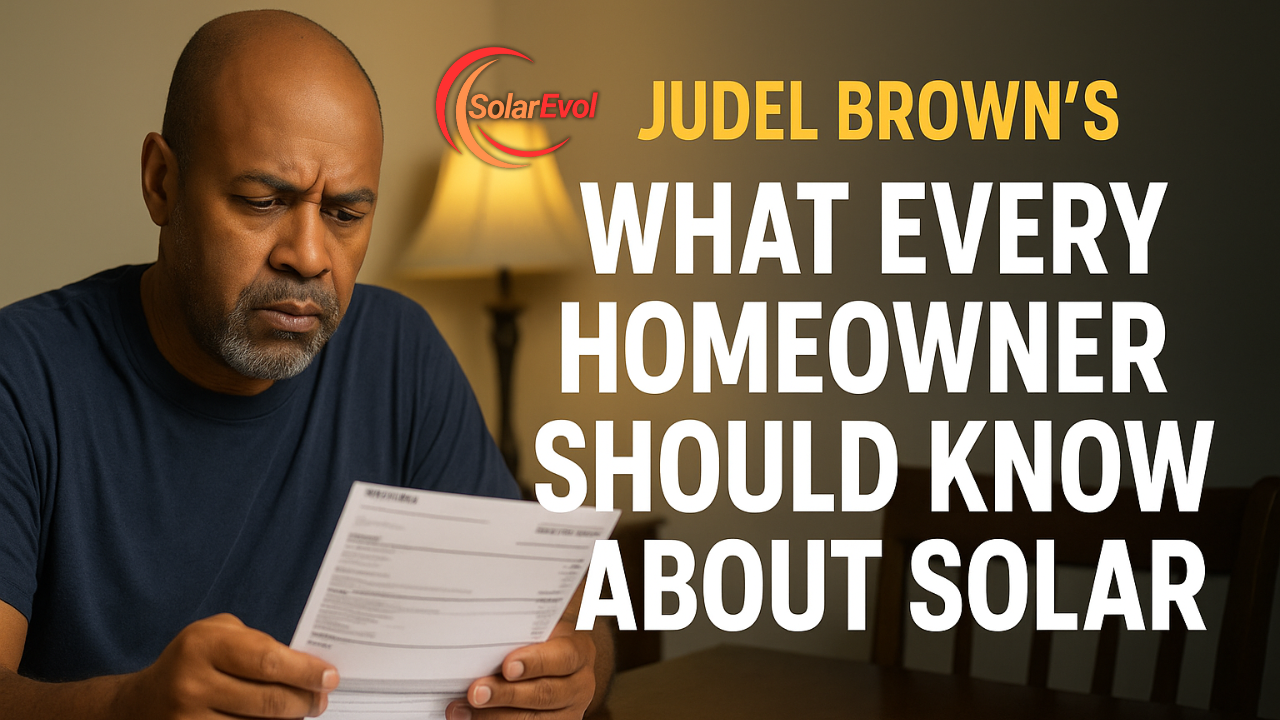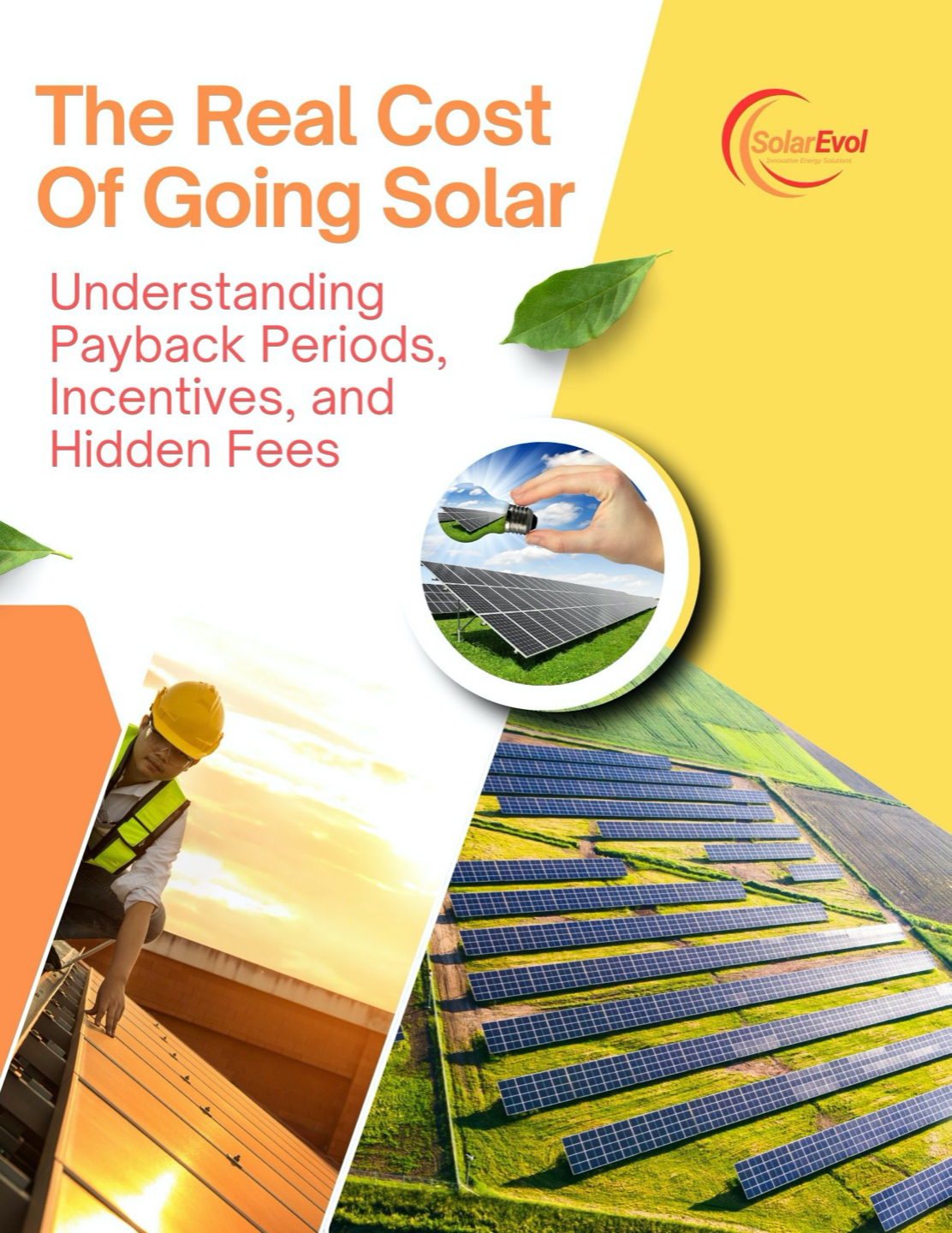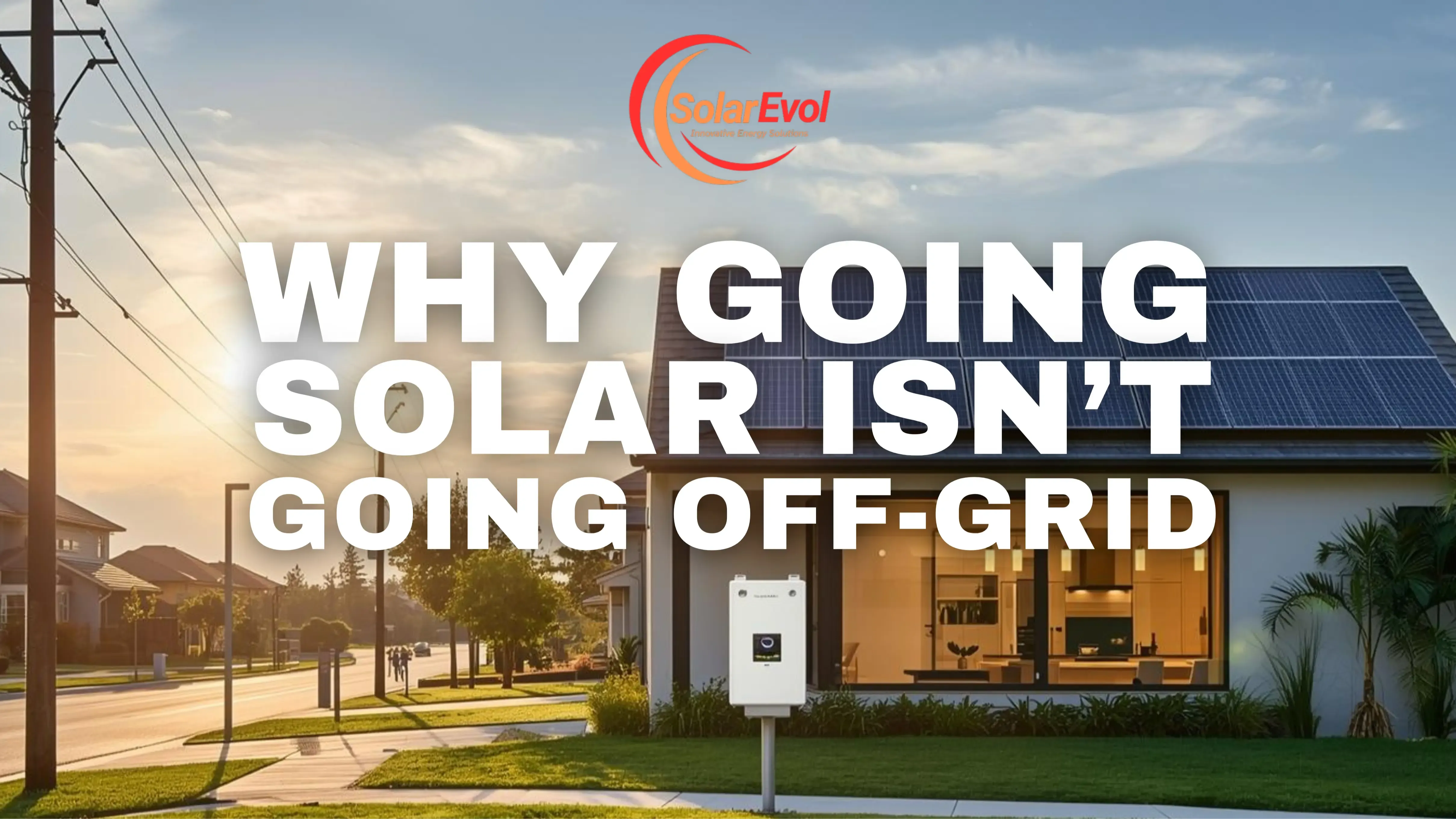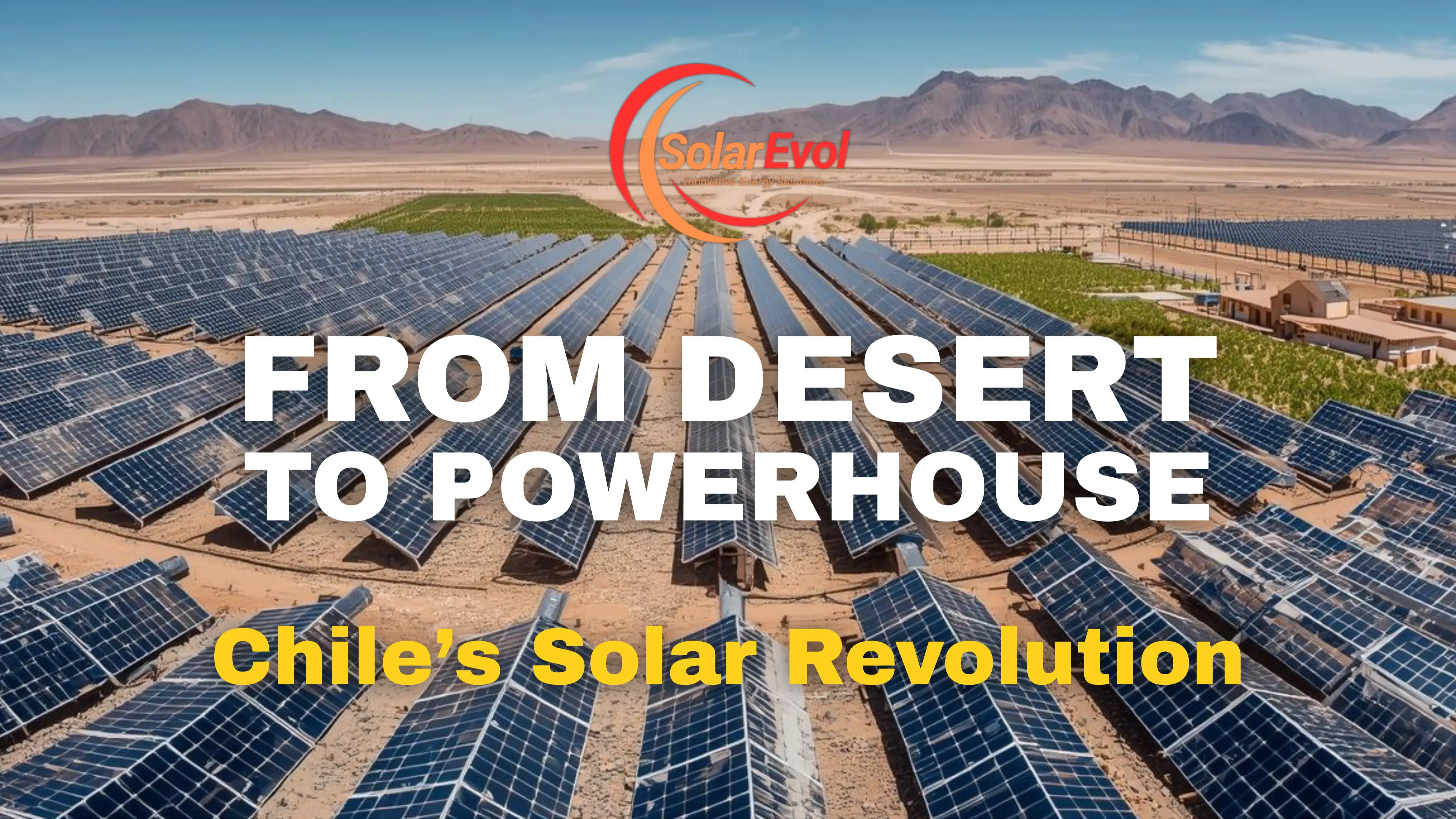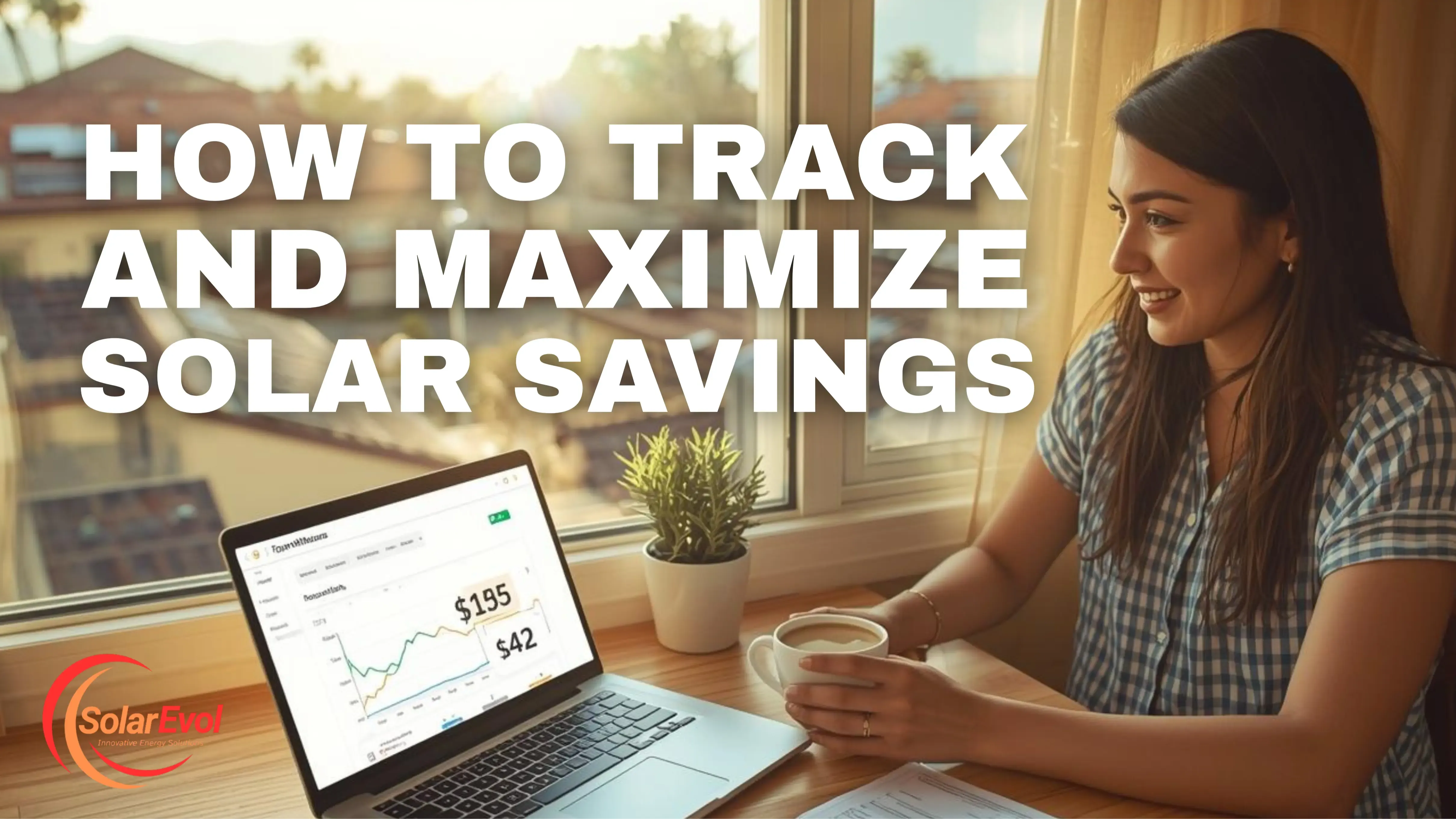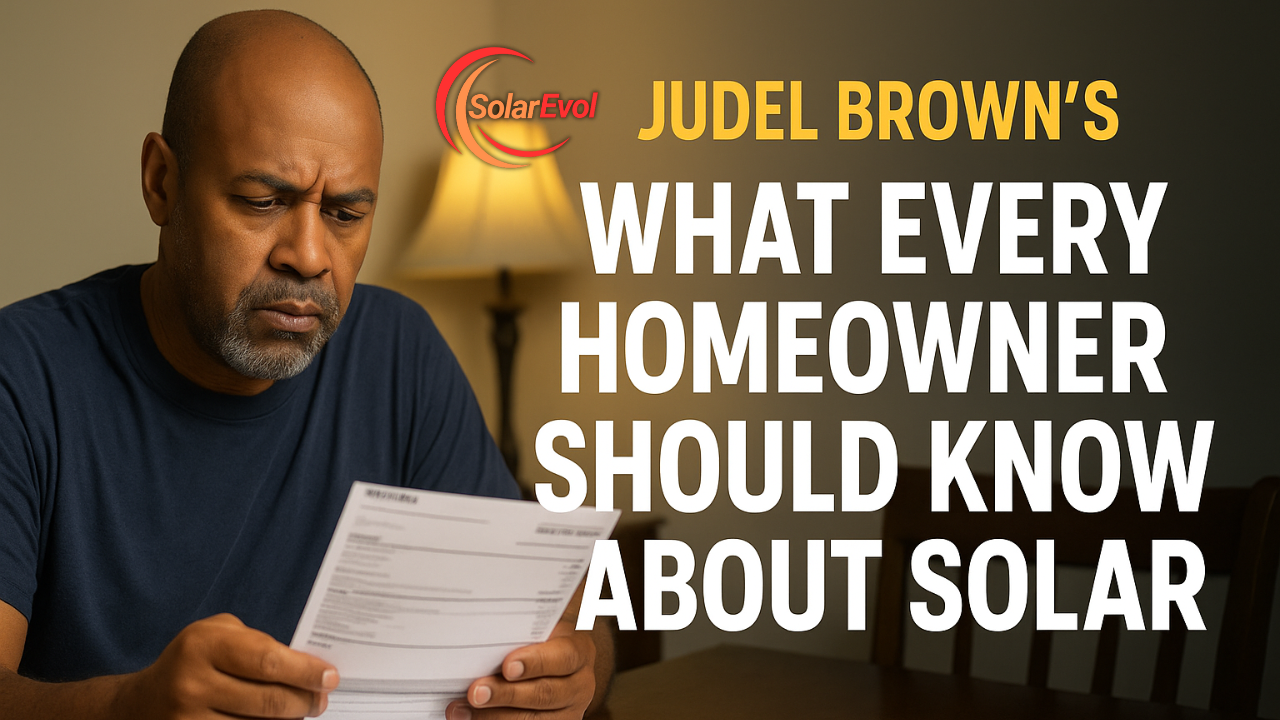
Solar Energy 101: What Every Homeowner Should Know
Jun 23, 2025Monday, June 23, 2025
🔌 The Power Went Out. The Bill Went Up.
It was 92 degrees by 10:00 a.m. in Selma, Alabama. The heat didn’t just cling to Judel Brown’s skin—it settled into the walls, seeped through the windows, and wrapped around his family’s small ranch house like a second skin.
Inside, the AC was fighting for its life.
The fan in his son’s room clicked uselessly, wheezing under strain.
And somewhere deep in the walls, the electric meter was spinning like a roulette wheel.
When the power flickered out—again—Judel didn’t even flinch. He just walked to the kitchen table, opened the latest utility bill, and stared at the number circled in red ink.
$341.82.
For one month. In spring.
“We can't keep living like this,” he muttered.
🔍 Judel Brown: Father, Veteran, Alabama Proud—and at a Breaking Point
Judel didn’t care about the tech hype. He wasn’t chasing environmentalism for clout. He was chasing survival. As a father of three, a retired vet, and a homeowner trying to hold on to generational property, Judel was done being at the mercy of a power company that charged more and delivered less—especially during peak summer when outages hit hardest.
He’d heard about solar.
But all he knew was what folks whispered at the barbershop:
“It’s expensive.”
“You still get bills.”
“Those companies ain’t for people like us.”
And maybe they weren’t wrong. But Judel wasn’t afraid of hard things. He was afraid of staying stuck.
So he rolled up his sleeves, pulled out a yellow legal pad, and started writing:
“What do I need to really know about going solar?”
🧠 What No One Tells You in the Brochures
Judel started digging.
Not just through shiny websites or 5-star reviews—but through forums, policy manuals, buried YouTube interviews, and call recordings with energy consultants who thought he wouldn’t ask follow-up questions.
Here’s what he learned—the hard way:
- Solar Is About Ownership, Not Just Panels
The big ads promised “$0 down” solar with no strings attached. But Judel read the fine print.
Most of those offers were Power Purchase Agreements (PPAs) or leases—which meant:
- He wouldn’t own the system
- He couldn’t claim the federal tax credit
- And if he ever tried to sell the house, buyers would have to qualify to take over the lease—or pay to remove it
He realized leasing might lower his bill—but it would also lower his freedom.
“They want to put panels on my house,” he said, “but still keep me on their leash.”
He made a decision: If he was going solar, he was going to own it.
- The Tax Credit? It’s Real—but It’s Not for Everyone
Judel had heard about the 30% federal solar tax credit. But no one told him this:
It’s not a check. It’s a credit against tax liability.
If you don’t owe much in taxes—say, because you’re retired, or your income dropped—you might not get the full benefit up front.
He called a local tax advisor who told him to file early, apply over multiple years if needed, and make sure the installer didn’t count the full credit as a “discount” in the contract.
“That’s how they get you,” the advisor said. “They sell you savings you may never actually see.”
- Not All Systems Are Sized for You—Some Are Sized for Profit
One solar rep told Judel he needed a 14kW system. Another told him 6.5kW would do. The difference? About $17,000.
He found out that many reps overbuild systems based on roof size, not actual usage.
And worse? If you overproduce, you don’t always get paid for the excess.
In Alabama, net metering is limited. That means homeowners don’t always get credited fairly for energy they push back to the grid. Instead, excess solar goes to the utility—for free.
Judel asked for an hour-by-hour energy audit, matched to his real bills and lifestyle.
He didn’t want the biggest system. He wanted the right one.
- Local Policies Matter More Than You Think
Solar isn’t just national—it’s hyperlocal.
Judel discovered that his co-op utility had a $5/month “solar customer fee.” Some regions had interconnection delays stretching six months. And in certain counties, solar property tax exemptions didn’t apply unless you filed within 30 days of install.
“It ain’t just about sunshine,” he said. “It’s about ZIP codes, paperwork, and who knows how to play the game.”
💥 From Frustrated to Fearless: Judel Makes His Move
By July, Judel had done more homework than most solar reps he talked to.
He negotiated a loan through a local credit union—no prepayment penalty, fixed 3.1%.
He chose an installer who used iron-based batteries instead of lithium for better lifespan and safety.
He designed his system to power critical loads during outages—refrigerator, medical devices, and a window AC for his mom.
And he stacked incentives: the federal credit, a rural development energy grant, and a rebate from a local community solar pilot—a small program most people never even heard of.
💡 The Real Payoff? Control.
His new bill?
$22.97.
In August.
With the AC running full tilt.
During a heat wave that took out the grid—for his neighbors.
Judel’s battery kicked in. His lights stayed on.
But what really changed wasn’t the number—it was his mindset.
“I ain’t rich. I didn’t have time for games. But I’ve got power now. Real power. And no one can take that from me.”
🔦Solar Isn’t Just About Panels. It’s About Power On Your Terms
If you’re a homeowner thinking about solar, here’s what Judel Brown wants you to know:
- Ask better questions. Don’t stop at “how much will I save?” Ask: who owns it? What happens if I move? Can I claim the credit?
- Read the contract. Twice. Watch out for escalator clauses, early termination fees, and unrealistic output promises.
- Know your rights—and your region. Incentives change by the month. Permits delay installs. Be five steps ahead.
- Own it if you can. That’s how you get the value—and the independence.
Solar isn’t just a home improvement.
For folks like Judel, it’s a line in the sand—between surviving the system and taking back control.
And that?
That’s what every homeowner should know.
Stay connected with news and updates!
Join our mailing list to receive the latest news and updates from our team.
Don't worry, your information will not be shared.
We hate SPAM. We will never sell your information, for any reason.

